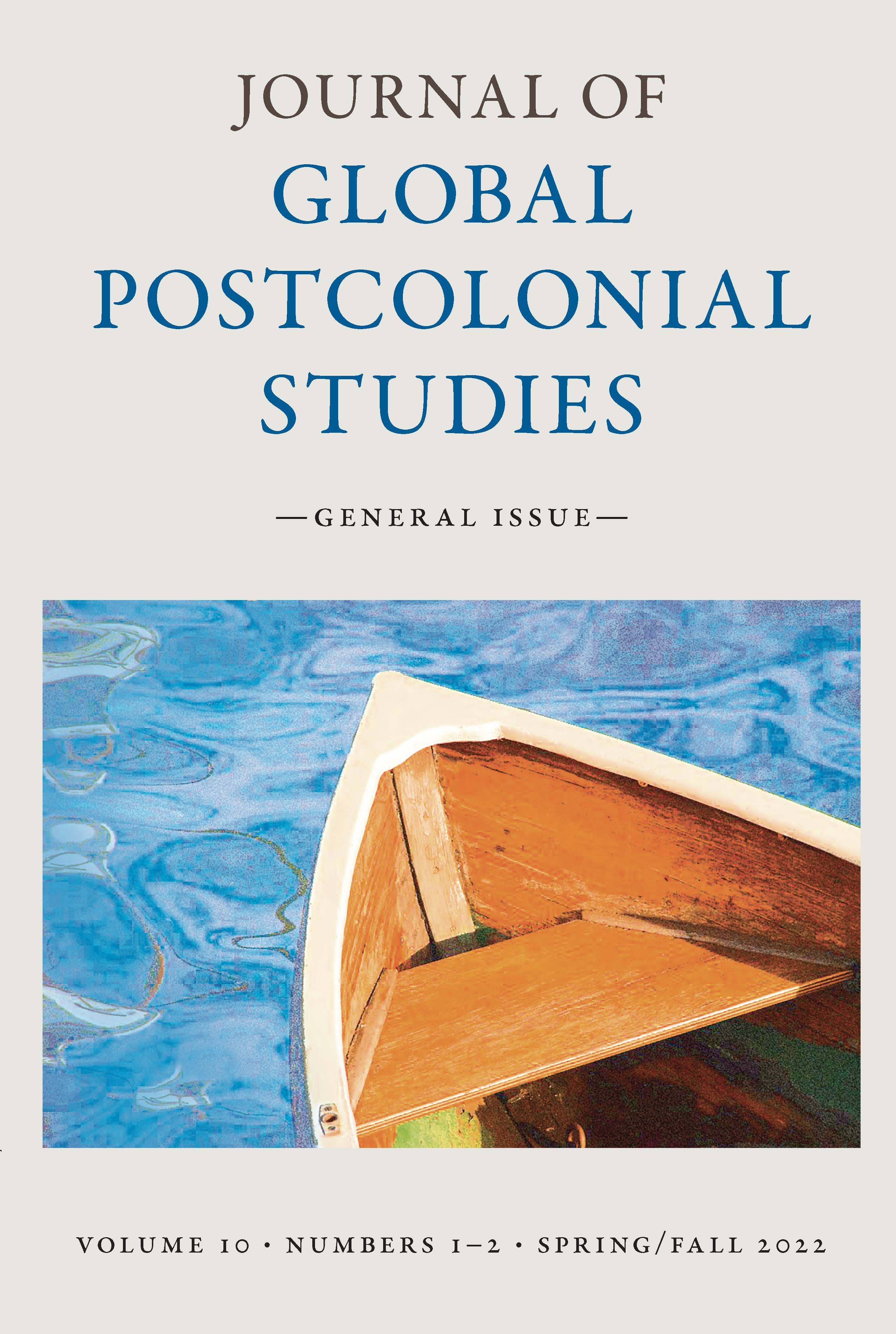Truth and Reconciliation in Charleston, SC—Slavery Central
Main Article Content
Abstract
As a tourist destination dependent on its reputation for elegant architecture, fine dining, and good manners, Charleston, South Carolina regularly tops industry journal lists of “Best Cities” to visit both in the United States and internationally. The city’s place in atlases of world history is assured, however, not by virtue of its architecture, cuisine, or politeness but because it was the single most important port in continental North America for the importation of enslaved Africans. The paradoxical coexistence of these two factors illustrates Simon Gikandi’s thesis in Slavery and the Culture of Taste that “the institution of slavery and the culture of taste were fundamental in the shaping of modern identity, and that they did so not apart but as nonidentical twins.” Charleston’s recent—belated—attempts to address the racial violence that underlies the surface are confronted by another, closely associated paradox: that politeness can be its own form of violence. Current legislative moves to limit or flat-out outlaw teaching about race exemplify the kind of “authoritative discourse” that Pierre Bourdieu describes as “condemn[ing] the occupants of dominated positions either to silence or to shocking outspokenness” (191). This essay assesses work by three Black writers—Marcus Amaker, Kwame Dawes, and Nikky Finney—who, in writing about Charleston and South Carolina, have had to find ways to wrestle with the problem of how to make their voices heard without being dismissed as shockingly outspoken.

